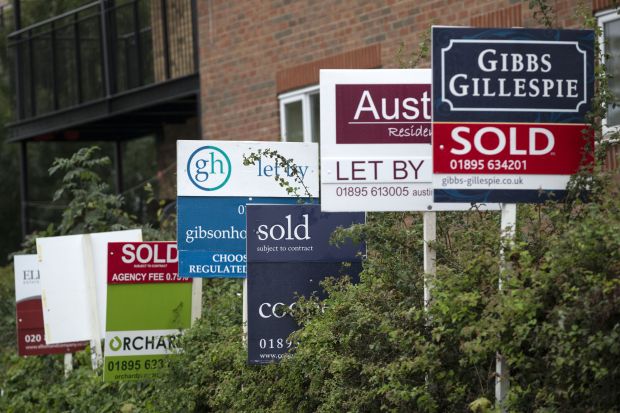The news for landlords seems to keep getting worse. Following a clampdown on tax relief and a huge hike in stamp duty on rental properties, the Bank of England announced yesterday that lenders will soon be forced to introduce substantially tougher borrowing standards when it comes to buy-to-let mortgages.
The Bank’s Prudential Regulation Authority (PRA) revealed that banks and building societies will be required to be far more cautious when it comes to loans for landlords. This means tighter checks on whether borrowers will be able to cope with higher mortgage rates, as well as greater scrutiny of owners of multiple rental properties.
The PRA’s announcement is the latest attempt by policymakers to rein in the rapidly expanding buy-to-let sector. The volume of landlord mortgages increased by 11.5 per cent in 2015, and lenders expect further growth of around 20 per cent by 2018-19. Both the Bank and the Treasury are concerned that unchecked expansion in buy-to-let could cause serious problems for the UK economy somewhere down the line.
Over the past few years, average rents and property values have continued to rise while mortgage rates have fallen. From a financial perspective, becoming a landlord has perhaps never been so attractive. But what might happen to the rental sector if interest rates started to rise, or if the house price bubble burst? These are the concerns that the PRA and George Osborne are attempting to address.
Last summer, the Chancellor revealed that, from 2017, landlords would no longer be able to claim higher-rate tax relief for their mortgage interest payments. And in his autumn statement, Osborne dropped another bombshell, announcing a sharp hike in stamp duty for landlords that is due to take effect on Friday.
These policy changes, coupled with the prospect of a more cautious approach from lenders, will surely dampen demand for rental property to some extent. But will they mean that it is no longer worthwhile investing in buy-to-let? Certainly, the stamp duty hike equals higher start-up costs for landlords, while the restrictions on tax relief will take a bite out of rental profits for many. A tougher mortgage regime means that the chances of being turned down for a buy-to-let loan increase – but investors who are not taking excessive risks should still have relatively free access to credit at competitive rates.
Overall, though, the fundamentals of buy-to-let have not changed. The UK, especially the south-east of England, still suffers from a lack of housing that the government’s homebuilding policies has yet to address, and there is little sign of interest rates rising any time soon. Meanwhile, the alternatives remain unappealing: look at the scandalously low returns currently available on savings accounts or the high level of volatility in the stock market. Becoming a landlord has never been something to enter into lightly. But despite high levels of political interference and worrying headlines, buy-to-let still has much to offer those who invest shrewdly and carefully.
Chris Torney is a personal finance journalist and former Money Editor of the Daily Express






Comments